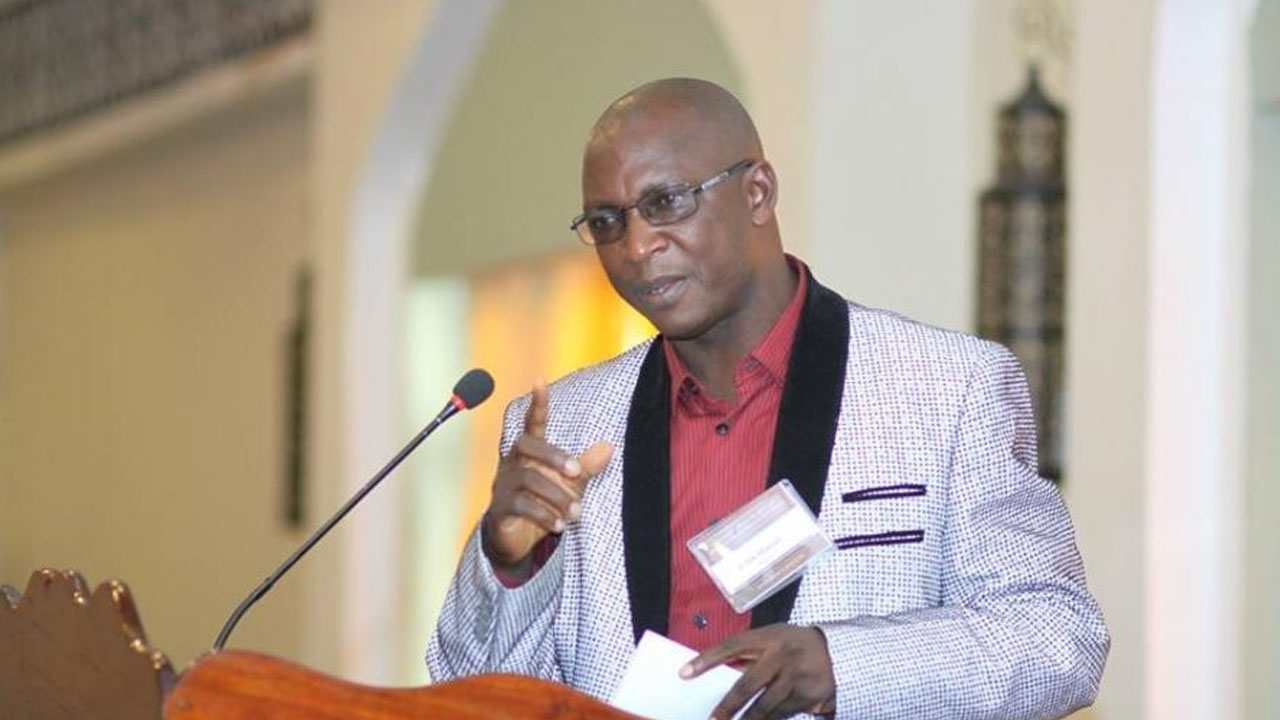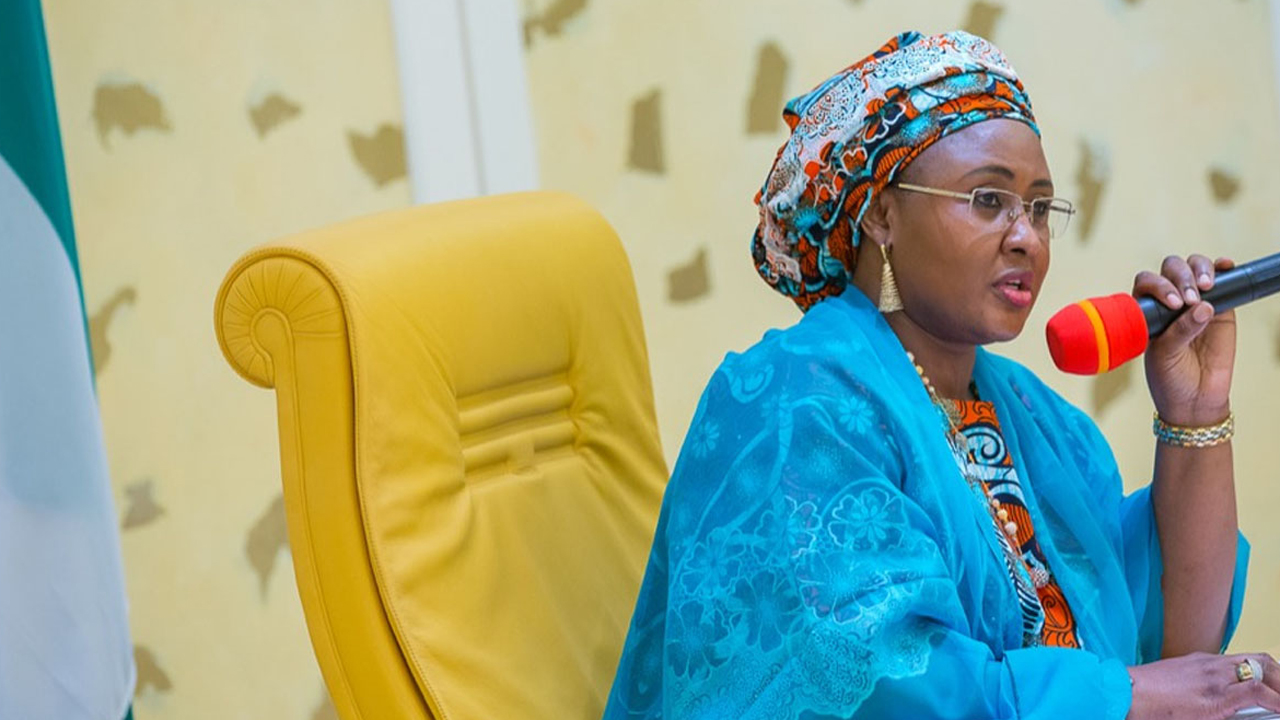The Senate has initiated a debate on a proposal to raise the minimum wage and overall conditions of service for members of the Nigerian Armed Forces and other security agencies, citing growing economic hardship, low morale, and the urgent need to strengthen national security operations.
The motion, titled “Urgent Need to Increase the Minimum Wage and Improve Conditions of Service for Members of the Nigerian Armed Forces and Other Security Agencies,” was sponsored by former Senate Leader, Senator Mohammed Ali Ndume (Borno South). It is slated for debate on Wednesday.
Ndume, in the motion, lamented what he described as the “grossly inadequate” remuneration for military personnel, arguing that the earnings of members of the Nigerian Armed Forces are far below those of their counterparts in other African countries despite higher deployment frequencies and operational demands.
Quoting Section 217(2) of the 1999 Constitution (as amended), which empowers the Armed Forces to defend the country’s territorial integrity, aid civil authorities, and maintain law and order, Ndume stressed that the current wage structure fails to reflect the magnitude of sacrifices made by soldiers who “daily risk their lives in internal and external operations under extreme and hazardous conditions.”
The lawmaker observed that the existing Consolidated Salary Structure for uniformed services—such as the Consolidated Armed Forces Salary Structure (CONAFSS)—alongside operational allowances and group life insurance provisions, has become obsolete in the face of rising inflation, increased cost of living, and worsening socio-economic conditions.
He noted that “many junior and mid-level personnel now face severe financial hardship, with salaries that can no longer meet basic needs such as food, accommodation, schooling, and transportation.”
According to the motion, the current minimum monthly wage for junior personnel in the Armed Forces ranges between ₦50,000 and ₦60,000, depending on rank, a figure Ndume said was “grossly inadequate” when compared with other African countries.
By contrast, the motion stated, “a private soldier in Ghana earns the equivalent of ₦180,000, while in South Africa, entry-level personnel receive around ₦250,000. In Egypt, the equivalent pay ranges from ₦230,000 to ₦280,000, and in Kenya, privates earn about ₦200,000, excluding operational allowances.”
Ndume expressed concern that such disparity not only dampens morale and retention but also exposes personnel to economic vulnerability, corruption risks, and mental stress.
“It is both constitutionally permissible and morally justifiable that Nigeria adopts a special salary structure for the Armed Forces,” he argued, adding that “countries such as the United States, United Kingdom, and India benchmark military pay above national minimum wage levels to reflect the unique risk and discipline associated with the profession.”
He charged the Senate to urge the Federal Government, through the Ministry of Defence, Ministry of Finance, Budget and National Planning, and the National Salaries, Incomes and Wages Commission, to review and substantially increase the minimum wage and overall salary structure of the Armed Forces in line with prevailing economic realities.
Ndume also wanted Senate to mandate its Committees on Defence, Army, Navy, and Air Force to liaise with relevant agencies and ministries to determine realistic remuneration benchmarks for various ranks, drawing from comparative international standards.
The lawmaker also urged the Senate to request that the Revenue Mobilisation Allocation and Fiscal Commission (RMAFC) and the National Assembly’s Appropriations Committee include budgetary provisions for enhanced Defence Personnel Cost in the 2026 Appropriation Bill.
He urged the Federal Government to institute a policy for periodic wage reviews every three years to maintain parity with inflation and global standards.
Ndume maintained that improving the welfare of military and paramilitary personnel would strengthen professionalism, boost operational readiness, and demonstrate national appreciation for their sacrifices in defending the country from terrorism, insurgency, oil theft, and other forms of insecurity.
He further warned that continued neglect of the welfare of security personnel could have dire implications for morale and national stability, urging the Tinubu administration to act decisively and “accord the Nigerian Armed Forces the dignity and reward they deserve.”






